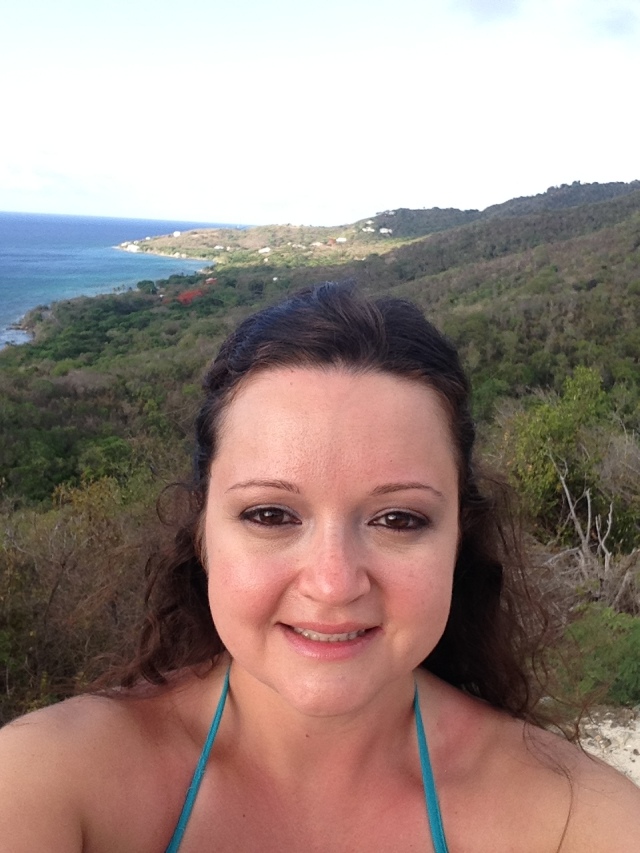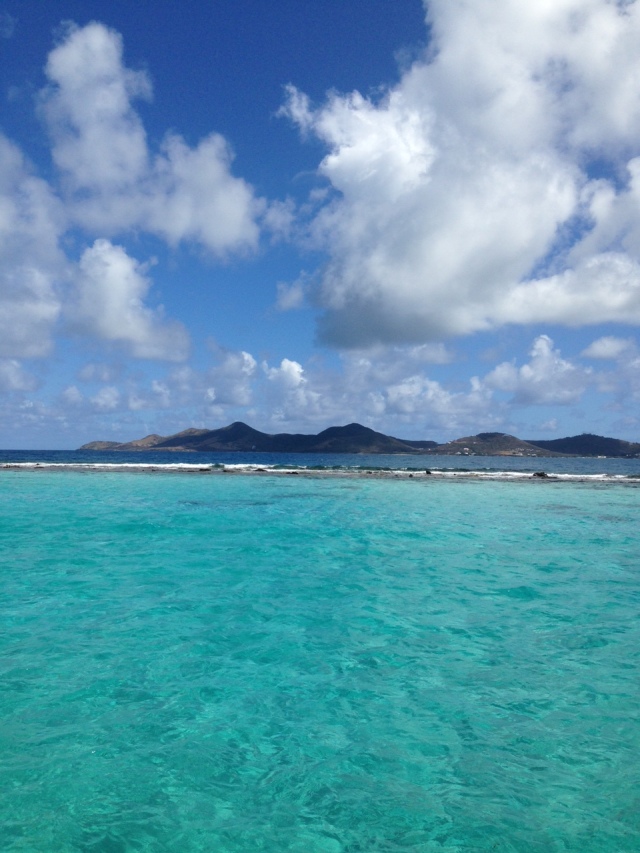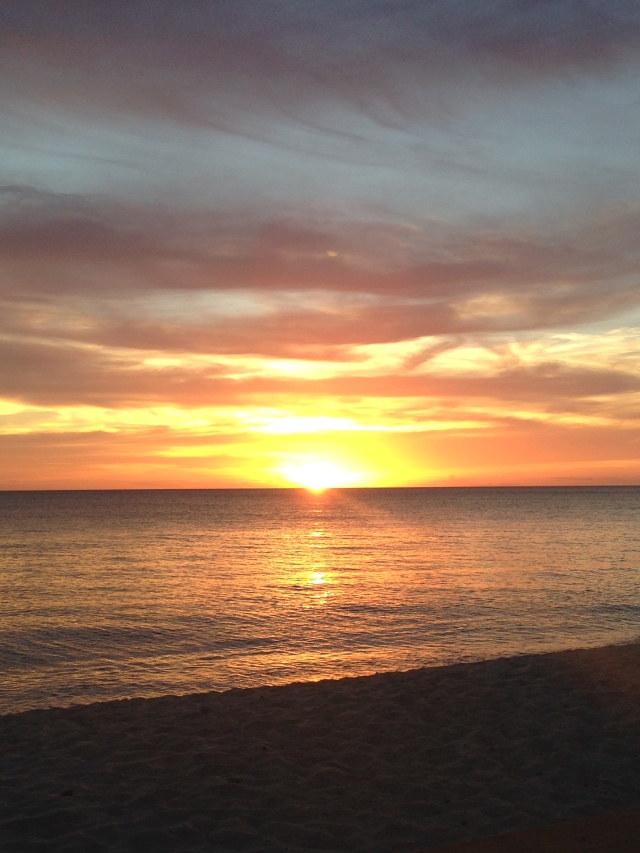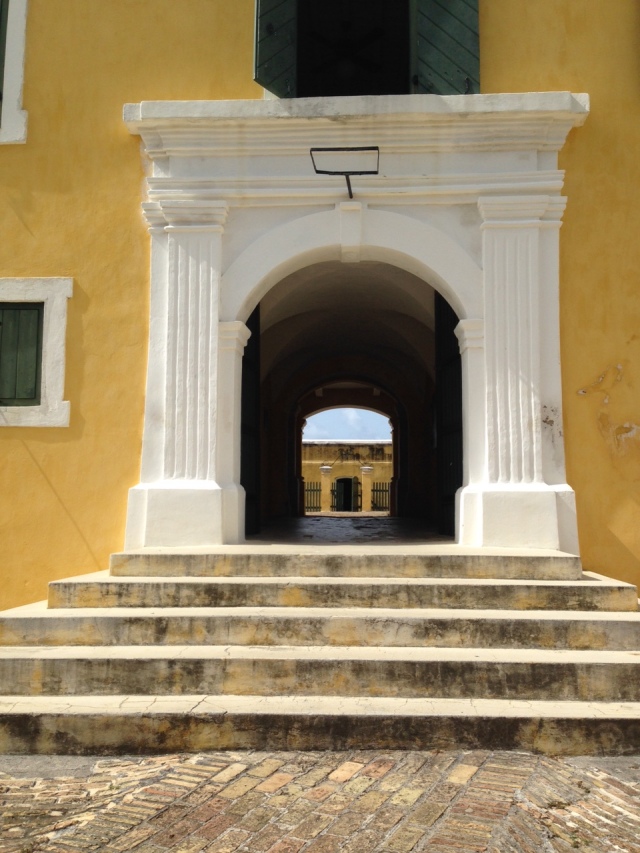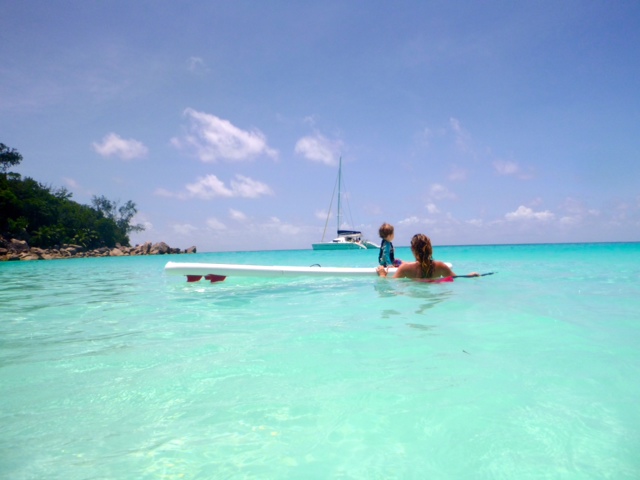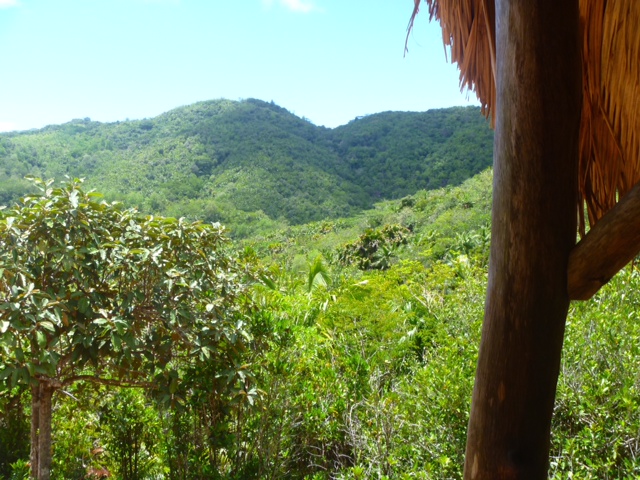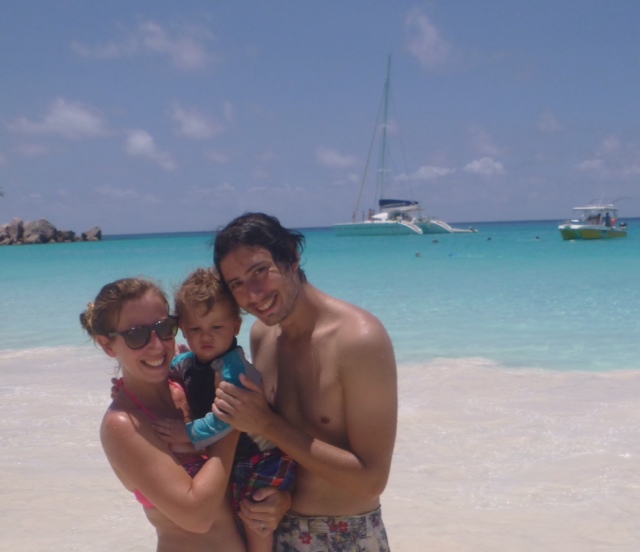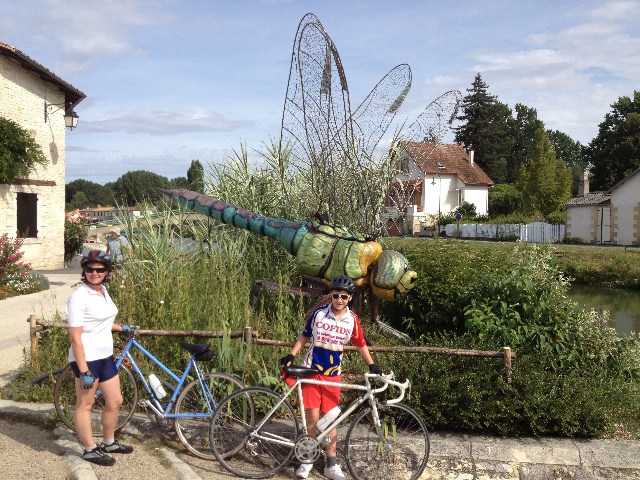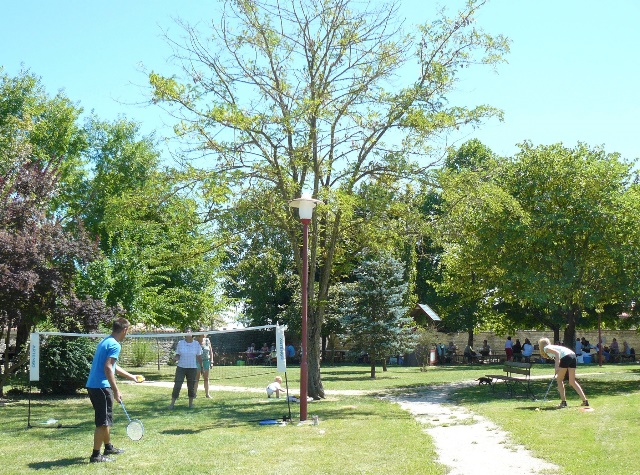Following my previous Caribbean-related Small Places post (about the tiny island of Virgin Gorda), I was contacted by several other Caribbean-island dwellers keen to tell their own stories. To date, only one has come up with the goods – although I am still hopeful I will eventually hear back from the others; I just assume they’re all working on “island time”. So today’s post comes from Marina, who lives on the enigmatically-named St Croix in the US Virgin islands. Marina has her own blog – St Croix Beach Bum; but if that hasn’t sated your appetite for finding out more about this intrepid adventurer, she was also featured in the local island rag. In the meantime, over to Marina to tell us more about life in her Small Place:
First of all, can you tell me a bit about your ‘small place’
St. Croix, US Virgin Islands is 28 miles by 7 miles and it is actually the biggest of the US Virgin Islands. With 50,000 people who live here, the island is warm, breezy, beautiful and very friendly. Owned by seven different nations, the Danes owned the US Virgin Islands for almost 200 years right before it was sold to the United States in 1916, so there is a lot of Danish history here as well.
And what are the good, and not so good, things about living there?
The people of St. Croix are warm and very friendly so making friends is very easy. It’s hard to walk down the street without having a full conversation with a stranger or seeing at least a few people that you just met. The sun is always shining and the beaches are always beautiful and the water is always clear.
I’s hard to think about things that aren’t so good but we don’t have a lot of stores so if you need to have a Starbucks or Dunkin Donuts in the morning, that’s not happening here because these stores just don’t exist on the island. The same goes for most clothing chain stores and chain restaurants. But there are plenty of local bakeries and local clothing stores.
What to you find to do to occupy yourself in your spare time?
There is so much to do here that sometimes living here is exhausting. There is always a new beach to explore and snorkelling to do. There are also a lot of ruins on the island so I discover new ruins that I haven’t seen before daily. And there is also horseback riding, animals that just stroll on the side of the road and tons of crafting and street fairs going on weekly. Locals and tourists alike think of watching the sunrise (at the Eastern most point of the United States) and watching the sunset on the west side of the island an activity in itself (I do it weekly).
How easy is it to “get away” and where do you escape to? Do you feel the need to escape?
My move here was my escape so I just want to stay here and I never feel like I need to get away. But when I want to be awed, I go watch the sunset on the west side of the island and then I watch hundreds of stars shine in a sky not touched by city light.
What is the local community like? Have you felt welcomed?
The locals are extremely welcoming and happy to invite visitors and new residents alike to see the island through their eyes. Even the new locals try very hard to make everyone feel comfortable and happy to be on island. It’s hard not to enjoy island life when the locals are so friendly and helpful.
What advice would you give to someone thinking about moving to your (small place – eg island, village etc), or somewhere similar?
Enjoy your new home for what it is and don’t try to make it into a better version of what you left behind. It’s really important to accept the culture and surroundings of the new place because if you can’t do that, the whole experience will become really frustrating quickly. I accept the quirks of this island and I laugh them off because there are so many great things about living here and I can’t imagine not having this experience.
Can you tell me a bit about yourself (and your family if you have one with you) and why/how you came to be living in your small place?
I was living in Illinois and working as an attorney when I felt a strong need to change my life. Once I started researching, I felt a pull for a better quality of life and St. Croix came up as one of the first candidates in my search. When I came to this island to visit, I knew that I belonged here and I have been having the time of life ever since.
Thanks Marina for this insight into your life on a small island. I hope you continue to enjoy your life – it’ll be interesting to see how things go for you in the coming months and maybe even years! Do come back and check in with us again at some point 🙂
Please let me know if you live in a Small Place and would like to feature in this series. In the meantime, use the People Who Live in Small Places tag to find out how other people live in their Small Place.

